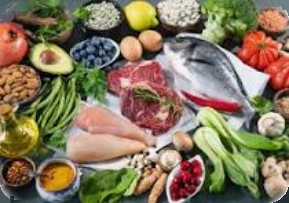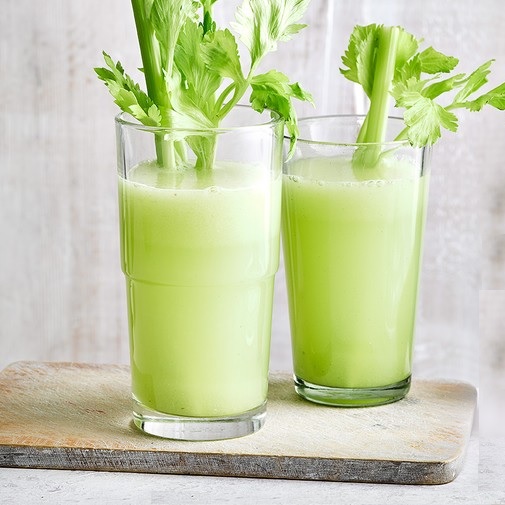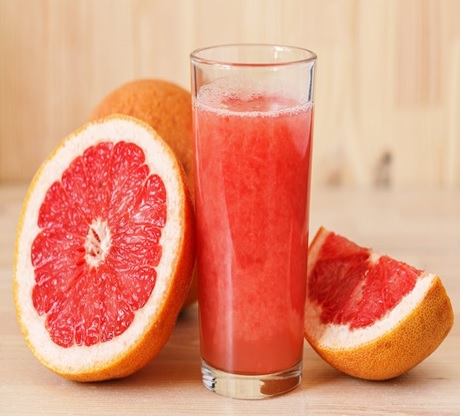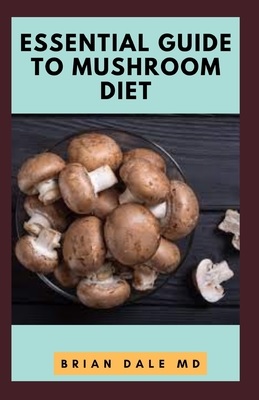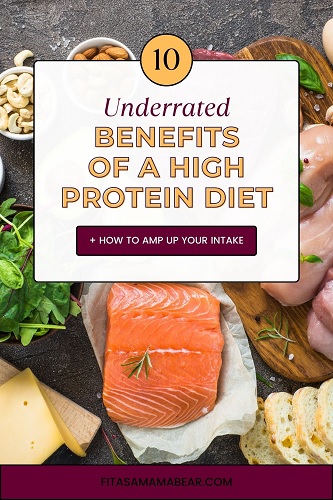Product-Centric Diets
-
Celery Juice Diet
This food plan recommends to start your day with 470 ml of celery juice promising noticable health and weight-loss benefits.
-
Grapefruit Diet
Short-term (10 - 12 days), low calorie diet that recommends drinking grapefruit juice and eating grapefruit every meal along with consuming daily proteins and vegetables. Used for a weight-loss, this diet claims that grapefruit contains special enzymes which when eaten before the meal help burning off fats.
-
Mushroom Diet
Mushroom Diet never meant eating mushrooms only - simply put it means replacing animal proteins in your meals with plant protein of the mushrooms. While this diet has a proven benefits for weight-loss you should use it wisely and always consult with your healthcare professional and nutritionist.
-
High-Protein Diet
This group of nutrition plans is about cutting off carbs and increasing the protein intake in every meal. Meat, nuts, eggs, seafood, cheese, beans, unsweetened Greek yogurt are the protein-rich replacements recommended in this diet.


